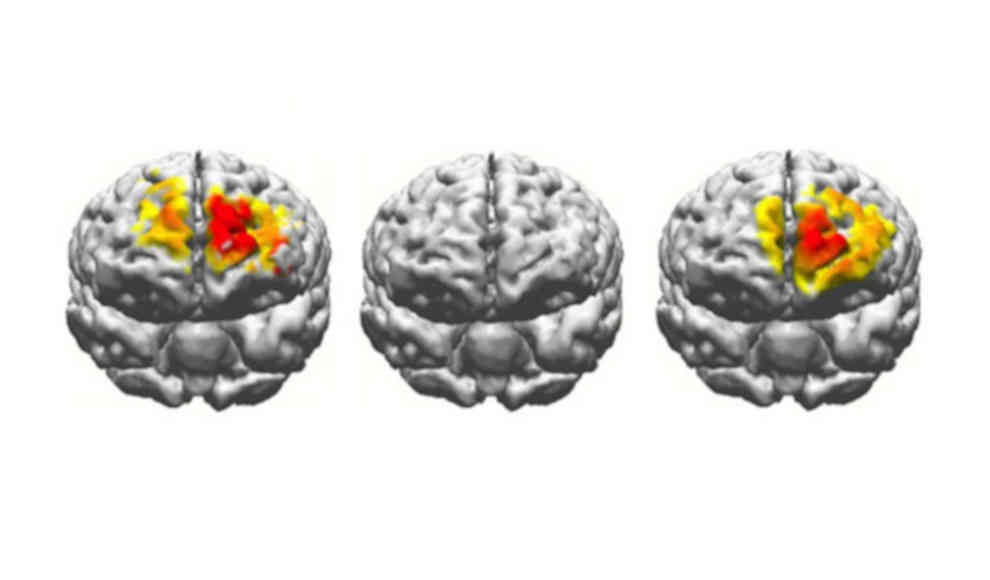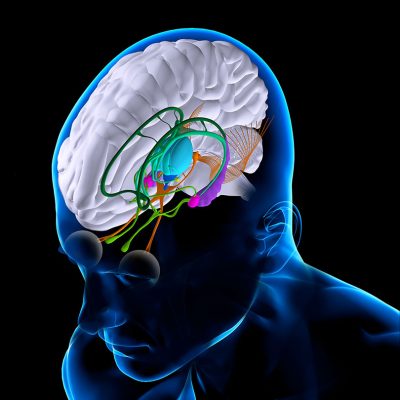A groundbreaking experimental treatment that synchronizes theta waves in the brain has significantly improved the memory performance of seniors after just 25 minutes. This treatment could potentially replace traditional medication in the future. According to neurologists, the different regions of the brain, much like members of an orchestra, have a rhythm that coordinates their work. As seniors age, it is believed that individual regions fall out of sync, making it difficult for them to communicate with each other. This results in poorer memory, particularly in the working memory that holds short-term information.
Researchers at Boston University have now proven this theory. The study, published in the journal Nature Neuroscience, involved groups of participants aged 20-29 and 60-75 who completed various memory tests. The experiment showed that the older participants performed worse on average. The measurement of theta waves, which are low-frequency waves of seven to nine hertz, revealed that the frontal and temporal lobes in the brains of the older group were not as well synchronized as those of the younger group.
The researchers then looked for a way to synchronize the theta waves and restore communication between the different brain regions. They determined the frequency of each participant’s theta waves and then stimulated their brains with their individual frequencies for 25 minutes using a cap with electrodes that delivered low-level electrical current to the brain. The stimulation quickly led to synchronization of the theta waves in the different brain regions. The older participants performed as well as the younger group on memory tests after the theta wave treatment, and the memory improvement was still evident 50 minutes after the treatment ended.
The treatment could potentially be repeated daily for three weeks, with the first few days taking place in a clinic under neurological supervision and subsequent treatments being done at home. However, the treatment is only suitable for people whose reduced memory performance is due to unsynchronized brain waves. Compared to current medications, the new treatment method has few side effects, as it only targets the brain rhythms. It is not yet known whether the treatment is effective in the long term or whether the theta waves become unsynchronized again after a short time. Unfortunately, the treatment is not suitable for Alzheimer’s disease, as the memory impairment in this widespread disease is due to deposits in the brain that are not influenced by theta waves.










